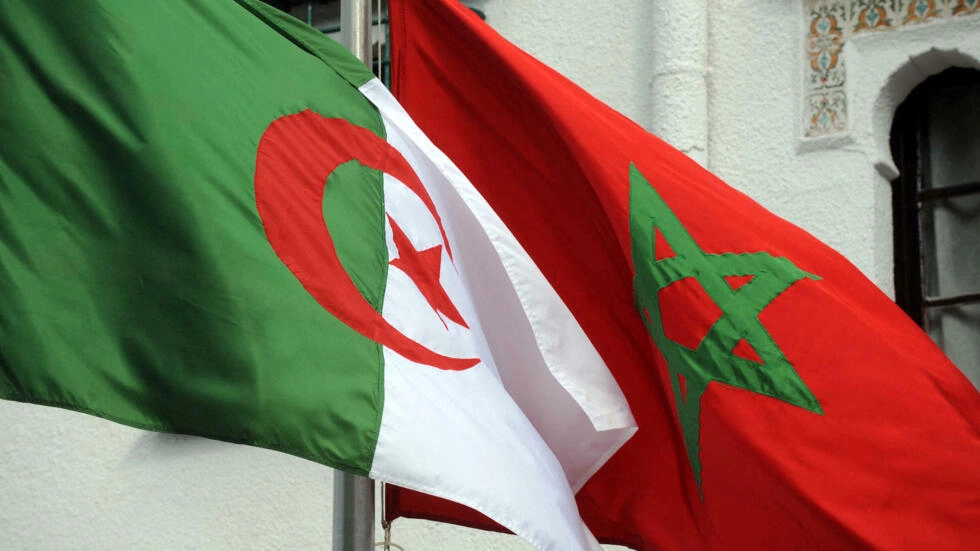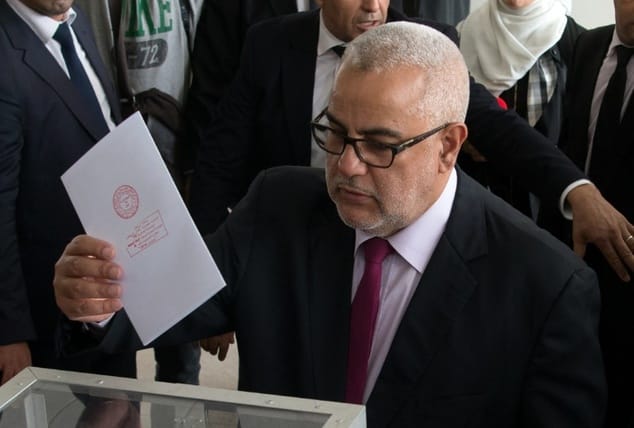For the first time ever Moroccans have mobilised to boycott milk, water and petrol on grounds they have become too expensive. The protest began on internet on April 20….
For the first time ever Moroccans have mobilised to boycott milk, water and petrol on grounds they have become too expensive. The protest began on internet on April 20 against petrol pumps managed by Afriquia, part of the Akwa group, Danone milk and Sidi Ali water owned by the group Holmarcom, with the stated aim of “defending Moroccans’ purchasing power”.
Agriculture minister Aziz Akhannouch is implicated directly in the protest as he owns the group Akwa. “Moroccan products are developing fast and the web will certainly not change this reality,” said the liberal right-wing minister whose has an estimated personal fortune of 2.4 billion dollars.
The case has even led to an interrogation in parliament amid suspicions that the majority Islamist party may have stirred up the protest. Meanwhile the boycott has led to a marked drop in the price of mineral water and it has also been announced that the price of milk will come down. Instead Akhannouch has said that there will be no change to the cost of petrol. Recently Cristal olive oil also became the target of the boycott.
The protest comes ahead of the Muslim holy month of Ramadan, when food prices typically peak.
Moroccan newspaper Akhbar Alyaoum reported on Monday that Afriquia–a subsidiary of the Akwa Group owned by Minister of Agriculture Aziz Akhannouch–has lost a total of MAD 1.46 million (31 percent of all transactions) in its 38 gas stations across the country since the start of the campaign on April 20.
The same source states that Afriquia stations in Nador recorded 47 percent losses; Al Hoceima, 25 percent; and Hay Hassani, Casablanca, 39 percent.
Afriquia owner Akhannouch has been called ‘the most influential Minister in Morocco, a victim of the boycott,’ the Spanish daily El País.
Meanwhile, Centrale Laitère employee in Salé informed MWN that the factory’s products have been rejected by grocery store owners around the region, emphasizing that the administrators haven’t yet decided to reduce prices, despite the fact that they are suffering from major losses. Meetings at Centrale are set for the near future to discuss potential solutions.
Several officials have expressed their support for the campaign, including former ministers and current Moroccan political leaders, Nabil Benabdellah, Nizar Baraka, and Nabila Mounib.
Secretary-General of the Progress and Socialism Party (PPS) Benabdellah linked the boycott with the Jerada protests for improved government support and social services, which erupted in the northeastern region of the country three years ago and have escalated since late 2017.
As president of the Social, Economic, and Environmental Council, former Minister of Economy and Finance, and current head of the Istiqlal Party, Baraka also commented on the media protest, urging the government to listen to the people’s message conveyed by the boycott.
Mounib, Secretary-General of the Unified Socialist Party, joined the list of Moroccan officials spoke out in protest against the high living cost, identifying the people behind the campaign as young people with a great political conscience.
The boycott remains ongoing, as does the notable silence from the majority of government officials and the boycotted companies.














